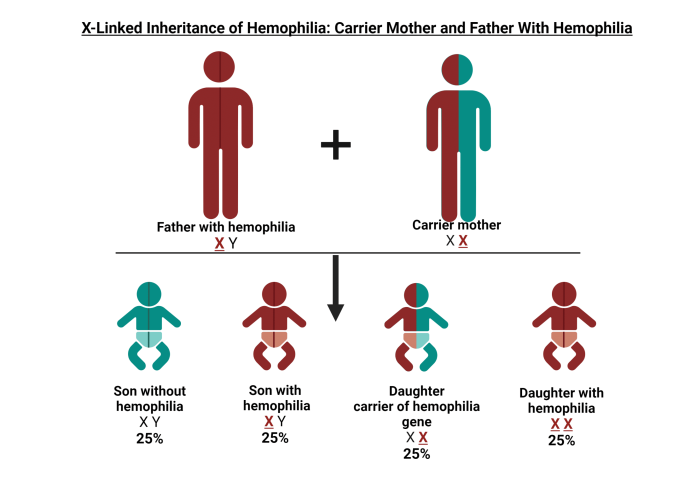The Global Action Network for Sickle Cell & Other Inherited Blood Disorders (GANSID), has designated Oct. 18 as the “World Inherited Blood Disorders Day”.
The Chief Executive Officer of GANSID, Lanre Tunji-Ajayi, disclosed this in statement on Thursday in Lagos.
The day is dedicated to raising awareness and fostering understanding of inherited blood disorders, which affect millions worldwide.
He said with this year’s theme: “From Awareness to Action: Transforming Lives”, moves beyond awareness to tangible actions to transforming the lives of the many who are affected by inherited blood disorders.
He said inherited blood disorders including sickle cell disease, thalassemia, hemophilia, thrombophilia, aplastic anemia, fanconi anemia, and blackfan diamond anemia, among others, posed significant health challenges.
“These conditions often lead to serious organ complications and reduced life expectancy.
“Despite the high prevalence of inherited blood disorders with millions of people affected globally, awareness and understanding around inherited blood disorders are still sorely lacking.
“Especially in low and medium-resource countries, leading to multi-gaps in diagnosis, care, and treatment,” he said.
Tunji-Ajayi said Canada was the first country in the world to introduce a billion inherited blood disorders.
According to him, GANSID is proud to support the first World Inherited Blood Disorders Day.
“Canada has become the first country in the world to introduce a Bill on inherited blood disorders.
“And we are grateful to Senator Jane Cordy for introducing Bill S-288-An act recognising Oct. 18 of every year as National Inherited Blood Disorders Day in Canada.
“By designating Oct. 18 as World Inherited Blood Disorders Day, we would all be taking a huge leap toward strengthening policies for inherited blood disorders.
“It would be the coming together of all those bound by inherited blood disorders.
“As GANSID continues to implement strategic initiatives that drive meaningful changes, it’s utilising Oct.18 to encourage National Governments to implement policies that will improve health outcomes of people affected by inherited blood disorders,” Tunji-Ajayi said.
According to him, on World Inherited Blood Disorders Day Oct. 28, GANSID calls upon individuals, communities, organisations in the inherited blood disorders community, and healthcare professionals to join in transforming awareness into action.
According to Dr Julie Kanter, Director of Adult Sickle Cell Clinic, University of Alabama, USA, “It is important to raise awareness about inherited blood disorders because these conditions can have profound impacts on patients and their families.
She said that awareness will help educate healthcare providers and the public about these disorders; thereby reducing stigma, promoting better understanding, and encouraging more supportive communities for those affected.
Dr Tulika Seth, Professor of Haematology at All India Institute of Medical Sciences (AIIMS) New Delhi, India, said that inherited blood disorders severely impact the patients and their families.
Seth said that awareness of inherited blood disorders was necessary to ensure preventable measures were taken, saying that recognising World Inherited Blood Disorders Day was one way to give voice to the millions affected globally.
Similarly, Anubha Taneja, from the Thalassaemia Patients Advocacy Group (TPAG) was convinced that “policies from around the world were premised on the mantra of the greater good of the greater number”.
GANSID is dedicated to empowering patients, their families, patient organisations, and healthcare providers, with the vision to create strong and united sickle cell and other inherited blood disorders patient and healthcare provider communities, equipped to effectively advance disease-specific and cross-disease priorities that improve outcomes for affected families.(NAN)


